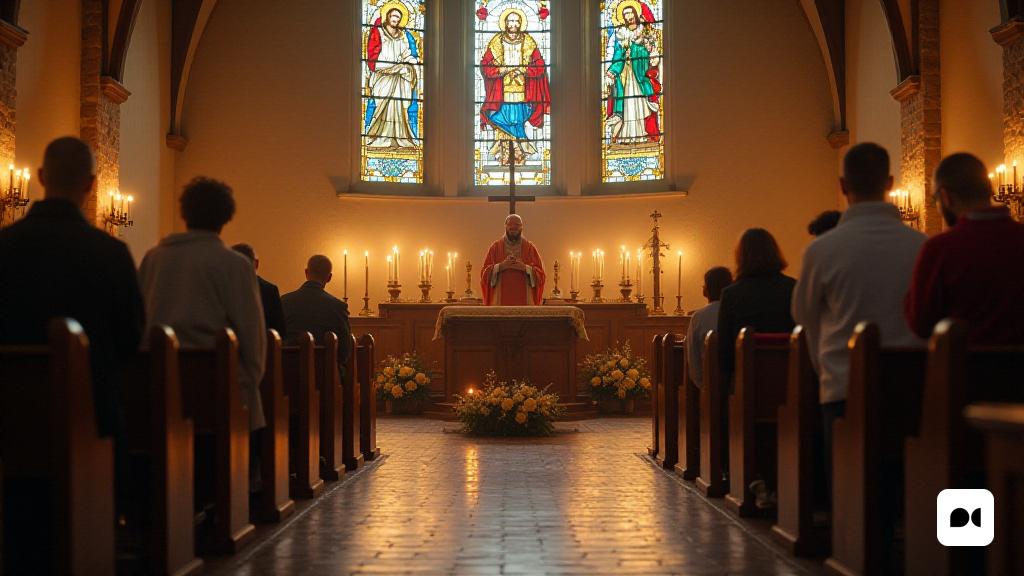Penance in a modern world
At present, the notion of penance may seem outdated and unattractive. Contemporary society often rejects concepts that seem to limit individual freedom. With this, an atmosphere has been created to recognize our offenses is considered a sign of weakness. However, reflection on our actions and their impact can open the door to a personal journey of growth and transformation.
A moment of reflection: Lent as an opportunity
The Lent season, which culminates in Easter, offers an ideal context for introspection and reconciliation. This period invites us to face our actions with sincerity and to seek forgiveness. Is it a time to ask ourselves, ‘What impact my actions have on others and in my relationship with God?’
The key question: ‘What have you done about your brother?’
The Bible challenges us with the disturbing genesis question 4: 9-10: ‘What have you done about your brother?’ This inquiry reminds us that our omissions and actions are responsible for a common evil that affects us all. Awareness of this responsibility is a fundamental step towards personal transformation.
Roads proposed by transformation
Saint John Crisostom, one of the great thinkers of the Church, identified several ways to achieve penance and forgiveness. These can guide us on our way to significant change.
1. Confession and sincerity
The first step involves an honest confession of our sins. Only recognizing our weaknesses can we allow the light of truth to enter our lives and guide us towards improvement.
2. Sorry to those who have injured us
Forgiveness towards others is just as important. When we leave the anger and offenses behind, we pave the way for divine forgiveness to flow in our lives.
3. Prayer and spiritual connection
Sincere prayer, born of a heart seeking a deeper relationship with God, is a powerful instrument for personal transformation.
4. Solidarity and commitment
The practice of solidarity, which we can understand as modern alms, allows us to connect with those who suffer and, in doing so, we find a path to forgiveness and light.
5. The importance of humility
Finally, cultivating humility helps us open to divine grace. Recognize that we need help connects us with the father’s mercy and allows us to move forward in our way.
The journey continues
Penance should not be seen as a load, but as an opportunity to renew and grow. As we approach Easter, is it essential that we consider: ‘Are we ready to make this transformation journey?’ The answer can be the key to opening new horizons in our spiritual life.

